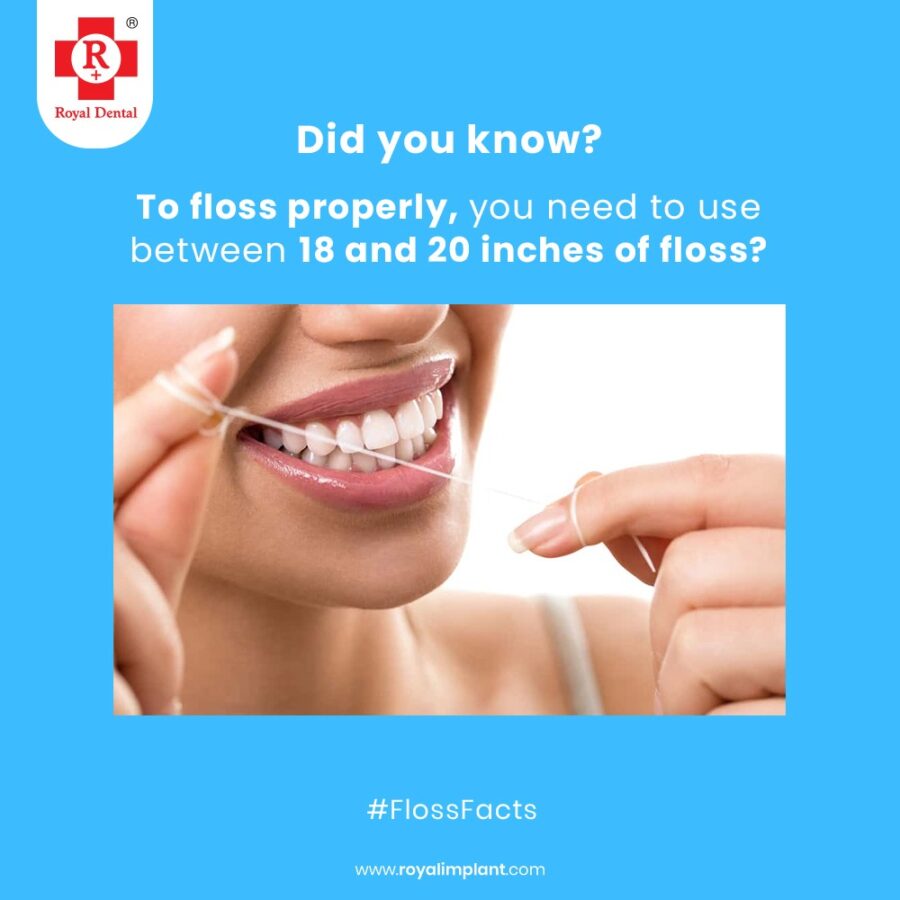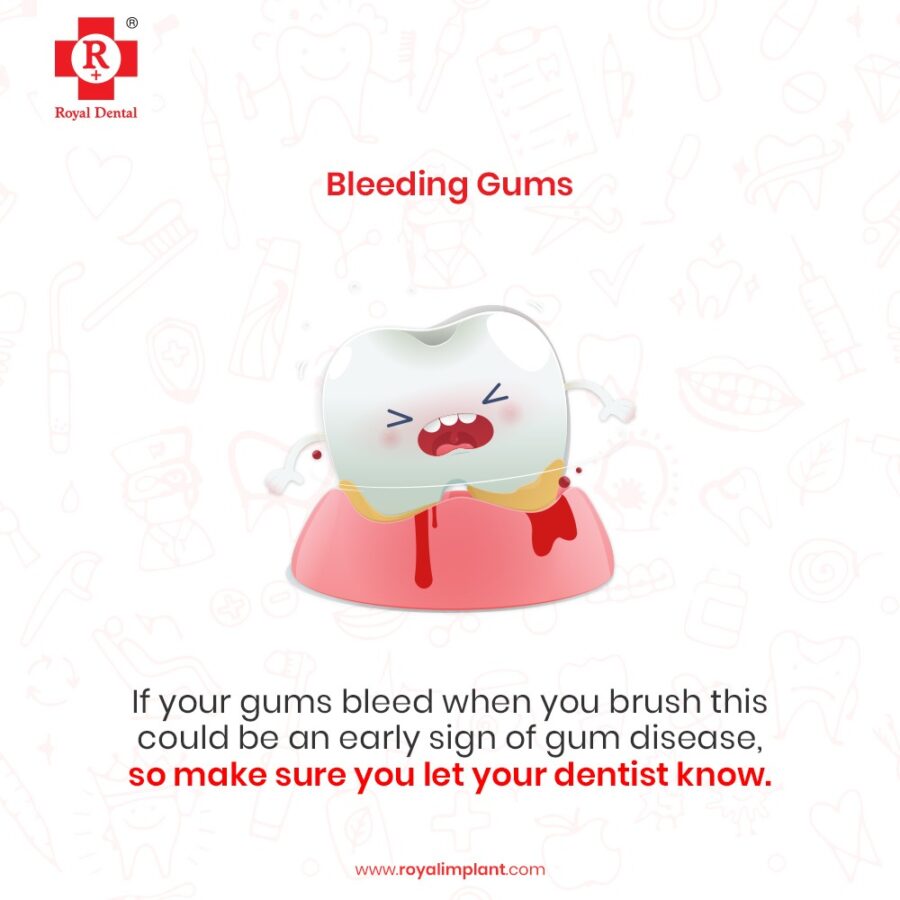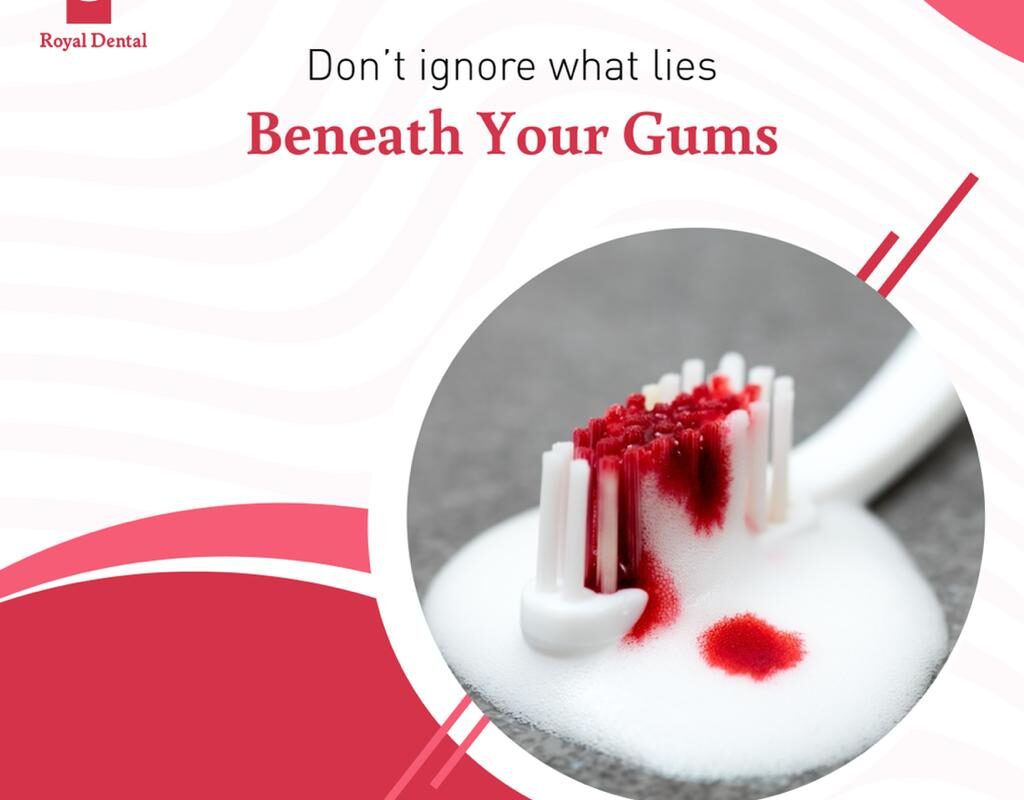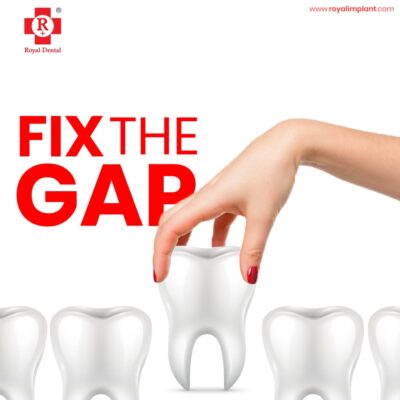Unless you’ve been living under a rock for the last few years, you’ll know that dentists are obsessed with advising their patients to floss more often. Flossing is practically the only thing doctors want us to do more frequently as they see it as being essential to preventing dental decay and gum disease. As a result, you’d be hard-pressed to find a dentist who doesn’t ask if you floss or advise that you should start doing so regularly. But are they really just trying to look out for your best interests? Do dentists actually know if you floss or not? Well, let’s take a look at some of the things we know about flossing and whether dentists can tell if you do (or don’t) floss more often!
Do dentists actually know if you flossing?
If you ask a dentist if they can tell if you floss, they’ll probably tell you that they can’t. However, there is a lot of evidence to suggest that flossing isn’t as effective as the dental industry suggests. If you look at the data, there are many compelling arguments that suggest flossing isn’t as effective as dentists would like us to believe. For example, Royal Dental, regularly imparts education about dental hygiene and oral care.

This finding was echoed by other reviews and even dental associations, including the American Dental Association (ADA). In fact, the ADA actually withdrew their Seal of Acceptance for floss in early 2017 after a thorough review of the data and finding no real evidence that flossing was beneficial.
So, can dentist tell if you floss?
If a dentist is looking for signs that you floss regularly, they’ll probably check the condition of your gums and the spaces between your teeth. For example, if your dental hygienist is looking for signs of gingivitis, one of the first things she’s likely to do is check the color of your gums.

The reason for this is that if your gums are red and swollen, it’s likely that they’re inflamed, which is a sign of gum disease. If you floss regularly, you’re likely to have less inflammation around your gums and your gums are less likely to show signs of disease.
Does flossing have any benefits?
As we’ve outlined above, there isn’t much evidence to suggest that flossing is beneficial. However, there are a few areas where flossing may help keep your mouth clean and prevent issues like gum disease. However, you should be aware that these benefits aren’t as extensive as the dental industry would have you believe. For example, one of the main areas where flossing might be beneficial is in cleaning around crowns, bridges, and other dental work. If you have any dental work, there’s a chance that flossing is helpful in cleaning around these items. However, the extent to which floss is useful for this purpose is highly debatable.
Is flossing good for your teeth and gums?
Based on the data we have, it’s unlikely that flossing is particularly effective at improving your dental health. However, if you have gum disease or your gums are inflamed, then it may be helpful in reducing the symptoms and slowing down the progression of the condition. However, if you have gum disease, you should be aware that there are other methods of treatment that are more effective than flossing.
For example, in the early stages of gum disease, your dentist may simply advise you to brush your teeth more thoroughly and use an interdental brush to reduce the amount of plaque in the spaces between your teeth. Furthermore, if you have gum disease, your dentist may prescribe medication, such as antibiotics, to help treat the disease.
What are the dangers of not flossing?
If you don’t floss regularly, there’s a chance you might develop gum disease. Gum disease can cause a lot of issues, including pain and tooth loss. If you have gum disease, it’s likely that you’ll have to have your gums surgically removed or receive other invasive treatments in order to treat the disease. Gum disease can also lead to other health issues, such as heart disease.

Gum disease is a bacterial infection that occurs when plaque builds up on your teeth. In the same way that plaque can cause gum disease, it can also lead to plaque buildup on your teeth. If there isn’t anything to clean away the plaque, it can harden and cause cavities.
Summary
Even though the data doesn’t show that flossing is particularly effective, it’s unlikely to do you any harm. If you have gum disease, Its regularly and using an interdental brush may be helpful in reducing the symptoms and slowing down the progression of the condition. That said, you should be aware that there are other methods of treatment that are more effective than flossing. If you don’t floss regularly, there’s a chance you might develop gum disease. Gum disease can cause a lot of issues, including pain and tooth loss. If you have gum disease, it’s likely that you’ll have to have your gums surgically removed or receive other invasive treatments in order to treat the disease.






